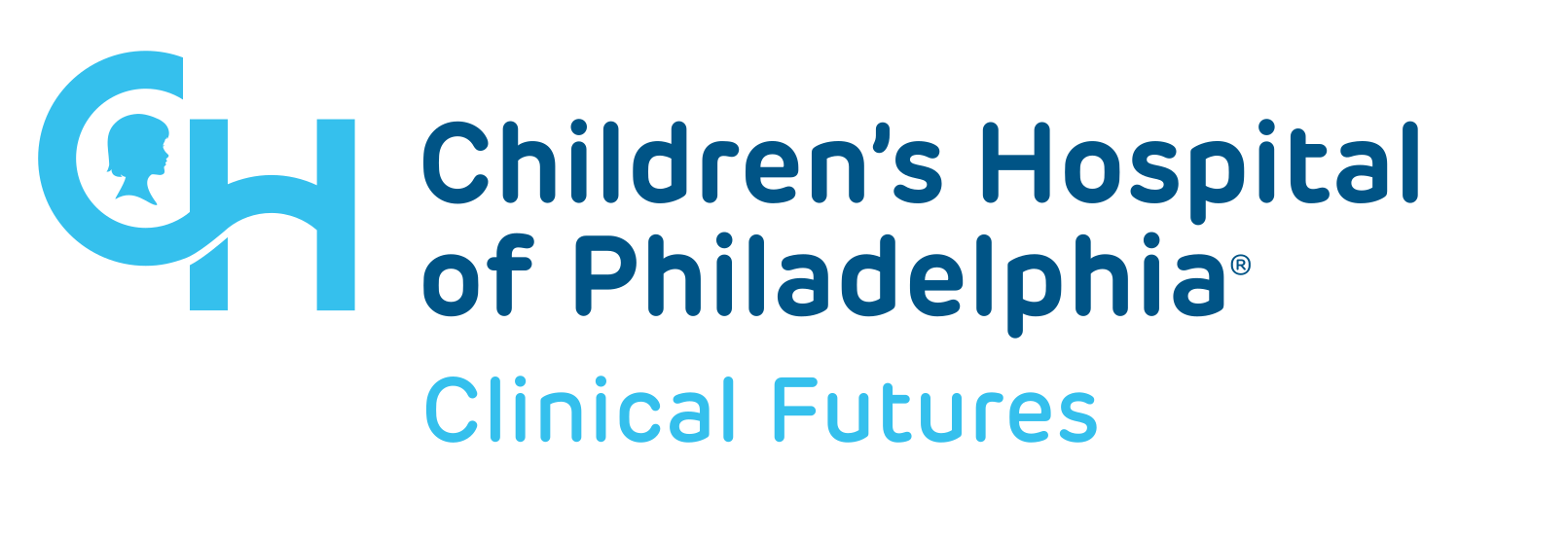Comparative Effectiveness Research is the generation and synthesis of evidence that compares the benefits and harms of alternative methods to prevent, diagnose, treat and monitor a clinical condition or improve care delivery. It is the methodology that determines what works best in medicine.
The goal of Comparative Effectiveness Research is to generate better information about the risks, benefits, and costs of different treatment options to provide healthcare decision-makers—including patients, clinicians, purchasers, and policymakers—with up-to-date, evidence-based information about their treatment options to make informed health care decisions.
Stakeholder engagement is often a part of the research process, and the outcomes of Comparative Effectiveness Research should be relevant to these stakeholders. Dissemination of findings in a manner that is useful for stakeholders is also an important aspect of Comparative Effectiveness Research.
Causal Inference Consulting Office Hours
In collaboration with the University of Pennsylvania Center for Causal Inference, Clinical Futures is piloting a free consulting office hour to provide causal inference expertise to Clinical Futures-affiliated investigators conducting research on the efficacy, comparative effectiveness, and safety of health or policy interventions. This includes research using observational data, as well as secondary analysis of randomized clinical trials with treatment non-adherence or other challenges. At each session, one invited clinical investigator will present their work in progress, and Center for Causal Inference faculty and trainees will provide in depth guidance and feedback on study design, statistical analysis, and interpretation of results.
Interested investigators can apply to the program here.
If selected, investigators will be contacted via email to coordinate a presentation date and will be expected to prepare a brief presentation on their work in progress and questions for the group. Further questions about the program can be directed towards Elizabeth Diemer (diemere@chop.edu) and Stephanie Mayne (maynes@chop.edu).
Clinical Futures Projects Involving Pediatric Comparative Effectiveness Methodology:
Broad- vs. Narrow-Spectrum Antibiotics for Acute Upper Respiratory Tract Infections
This study, published in the Journal of the American Medical Association, found that narrow-spectrum antibiotics performed equally well or better than broad-spectrum antibiotics when assessed by both practical and clinical outcomes for acute upper respiratory tract infections (ARTIs). Specifically, children receiving narrow-spectrum antibiotics had a higher health-related quality of life and a reduced risk of antibiotic side effects as compared to children receiving broad-spectrum antibiotics.
Faculty Contributors: Louis Bell, MD, Alexander Fiks, MD, MSCE, Jeffrey Gerber, MD, PhD, Julia Szymczak, PhD
PKIDS Care Improvement Network
Kidney stones are one of the fastest growing health conditions among children, adolescents, and young adults. The Pediatric KIDney Stone (PKIDS) Care Improvement Network will compare three approaches to removing kidney stones: ureteroscopy, shockwave lithotripsy, and percutaneous nephrolithotomy. The study leverages a network of over 25 pediatric healthcare systems in North America.
Faculty Contributor: Gregory Tasian, MD, MSCE
The PROMPT BOLUS study
The PRagMatic Pediatric Trial of Balanced vs nOrmaL Saline FLUid in Sepsis (PRoMPT BOLUS) study will compare the effectiveness and monitor safety of two treatments approved by the FDA to reverse septic shock. Preliminary work supported the feasibility of this pragmatic trial design, which will leverage networks in the U.S., Canada, Australia, and New Zealand to enroll more than 8,000 patients at more than 40 total sites.
Faculty Contributor: Fran Balamuth, MD, PhD




